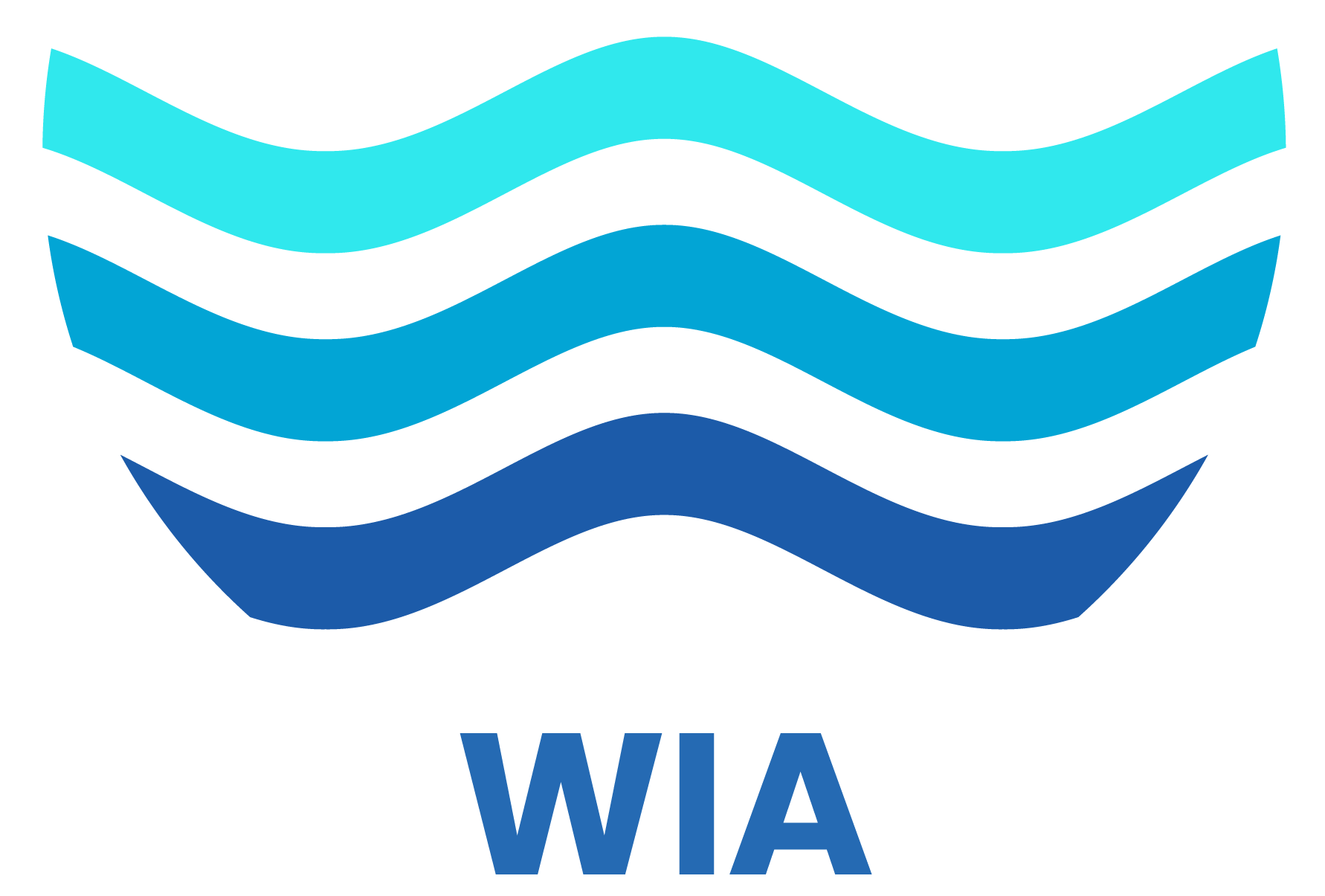Emma Counce
The University of Mississippi
“The above mentioned project in the Delta seeks to use surface water, rather than drawing from depleting groundwater aquifers, to create wildlife habitat. This was an intentional move to make sure that the creation of these temporary sources of food and life for water birds is not worsening a water security and quality issue for farmers and residents of the Mississippi Delta. When I was a farmer in Tupelo, our practices aligned with the tenets of Certified Naturally Grown practices, which means we are intentional about using natural inputs that will not harm the local environment or negatively impact water quality. We also used conservation measures such as cover cropping, crop rotation, and perennial grass borders which prevent sediment runoff, and in turn water pollution. Additionally, it allows for healthier soils that do not need as much irrigation.”

